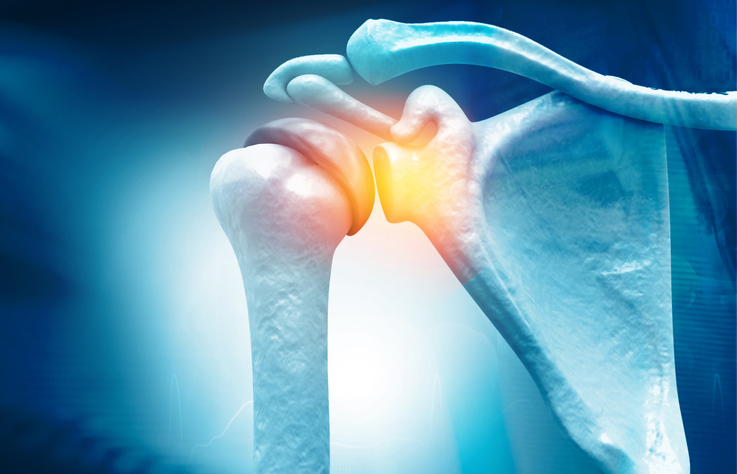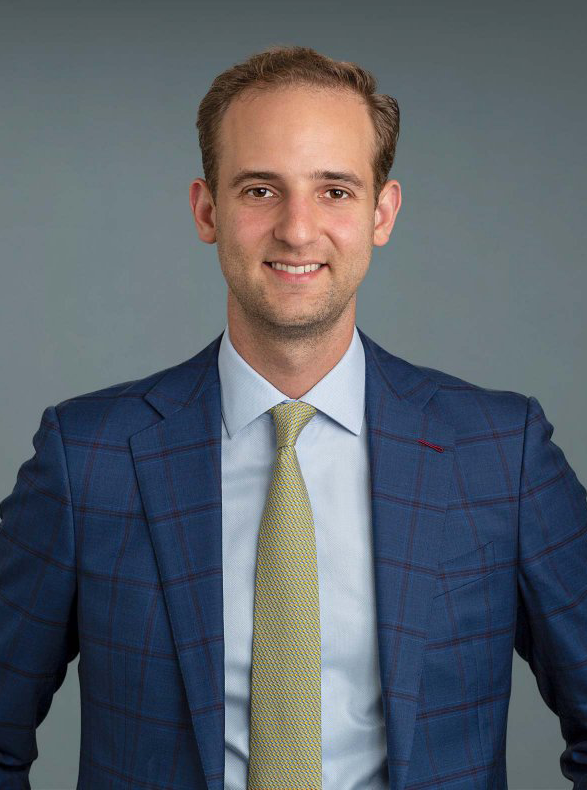Queens Rotator Cuff Tear Doctors
What is a rotator cuff tear?
A rotator cuff tear is a common injury causing shoulder pain and disability, with over two million people in the United States receiving treatment for one each year. The rotator cuff is a group of muscles near your shoulder that maintains the position of the humerus in the shoulder blade socket, allowing you to move your arm and lift objects.
There are two types of rotator cuff tears: complete and partial tears. A complete tear involves the total separation of the tendon from your bone, leaving a hole in the tendon. A partial tear leaves the tendon attached to the bone.

What can cause a rotator cuff tear?
Rotator cuff tears are usually caused by degeneration of the tendon with age, an accident causing physical trauma, bone spurs causing friction between the bone and tendon, decreased blood flow to the rotator cuff, and repetitive shoulder movements.
Tears occur most often in adults, particularly people over age 40, and they may be more likely for certain people based on a family history of similar injuries, poor posture, smoking, athletic activity, and physical jobs that require frequent repetitive movement of the shoulder.
People may experience varying amounts of pain from a rotator cuff tear, depending on the cause. Tearing caused by an accident will likely lead to sudden, intense pain, while someone with degenerative tearing may only begin to feel this pain gradually.
How is a rotator cuff tear treated?
For most patients, non-surgical treatment is sufficient to reduce pain and improve shoulder function. This approach may include rest, the usage of over-the-counter and steroid anti-inflammatory medication, and physical therapy, as well as avoiding certain activities which may stimulate pain in the shoulder and even make the tear worse.
If you depend on the use of your shoulder for work or sports, or if the tear was caused by an accident and isn’t responding adequately to a non-surgical approach, your doctor may recommend surgery.
Get expert treatment from a Queens rotator cuff tear doctor
If pain from a rotator cuff tear is interfering with your job or the activities you enjoy, let our board-certified sports injury specialists help. Schedule a consultation with one of our doctors now.
Michael J. Alaia
Joseph A. Bosco lll
Spencer Stein




